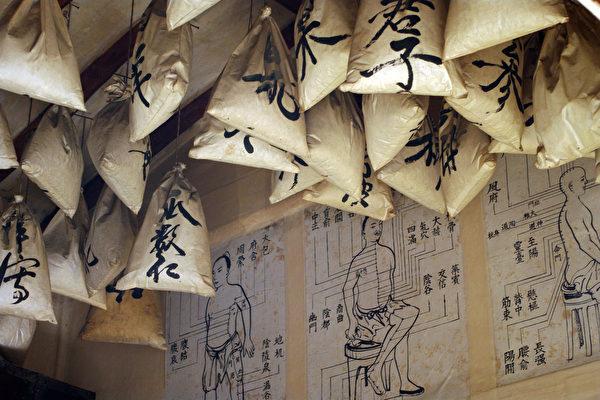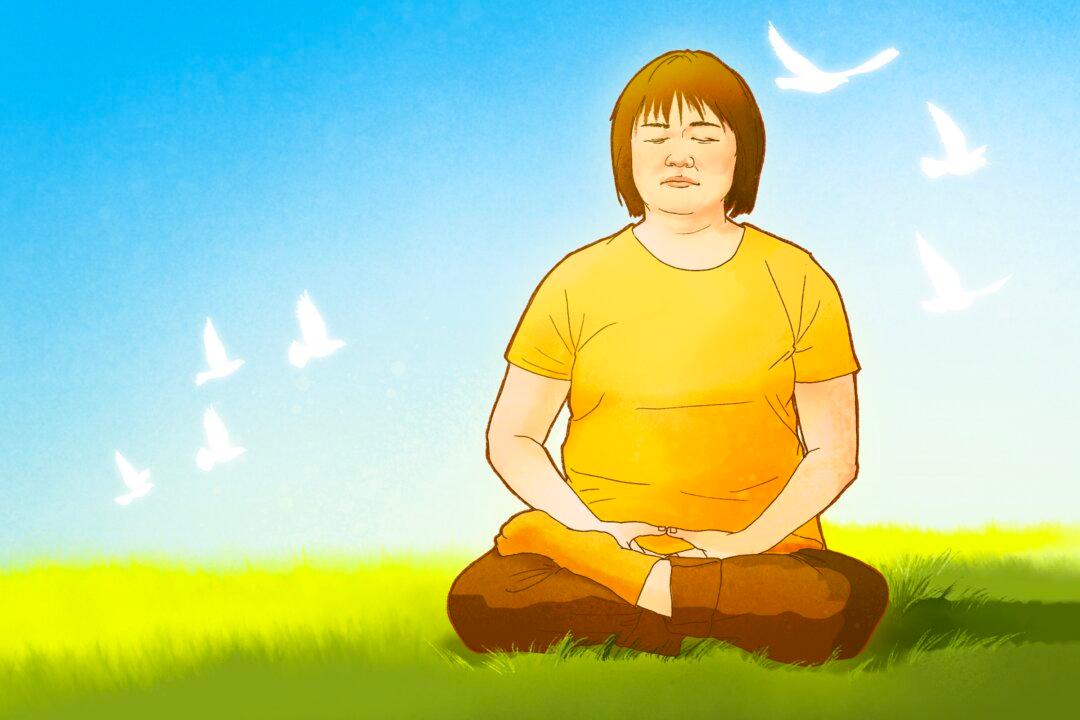It’s been more than two years since the novel coronavirus—the pathogen that causes COVID-19—broke out in China and went on to leave a sick and deadly trail around the world. Even as people continue to be infected by emerging variants, scientists from multiple countries have begun investigating post-COVID conditions and possible remedies. While South Korea intends to conduct a large-scale investigation of the disease, traditional Korean medicine is attracting attention as a treatment.
Since COVID-19 first appeared in late 2019, the world has suffered through the aggressive Delta variant to the more infectious but less severe and deadly strain of Omicron. Now scientists are paying more attention to the long-term effects of these variants which are being referred to by a number of names including long COVID, post-COVID conditions (PCC), and chronic COVID-19.





